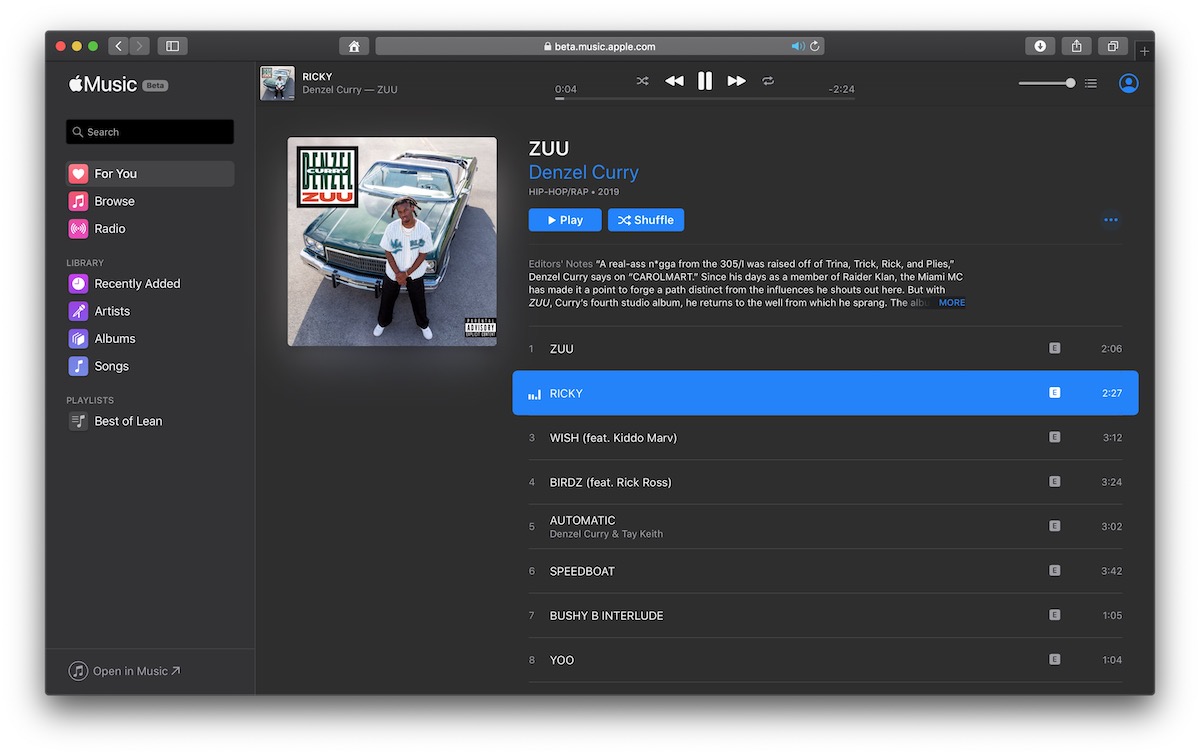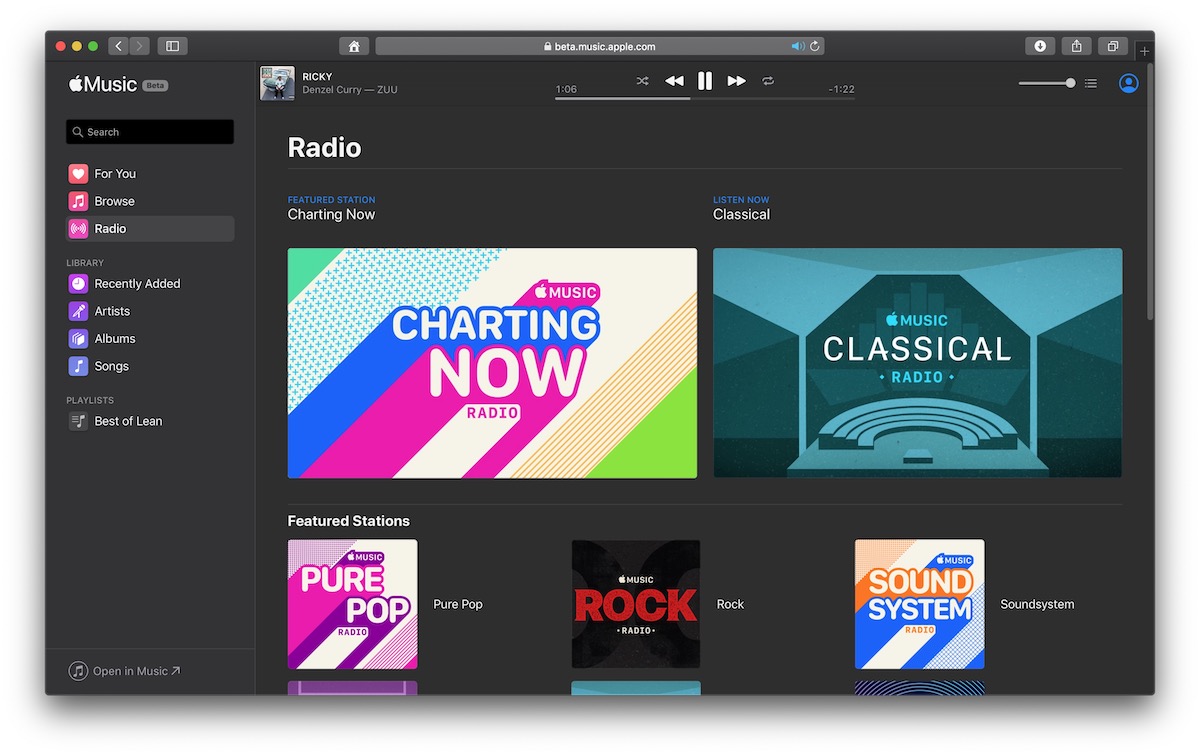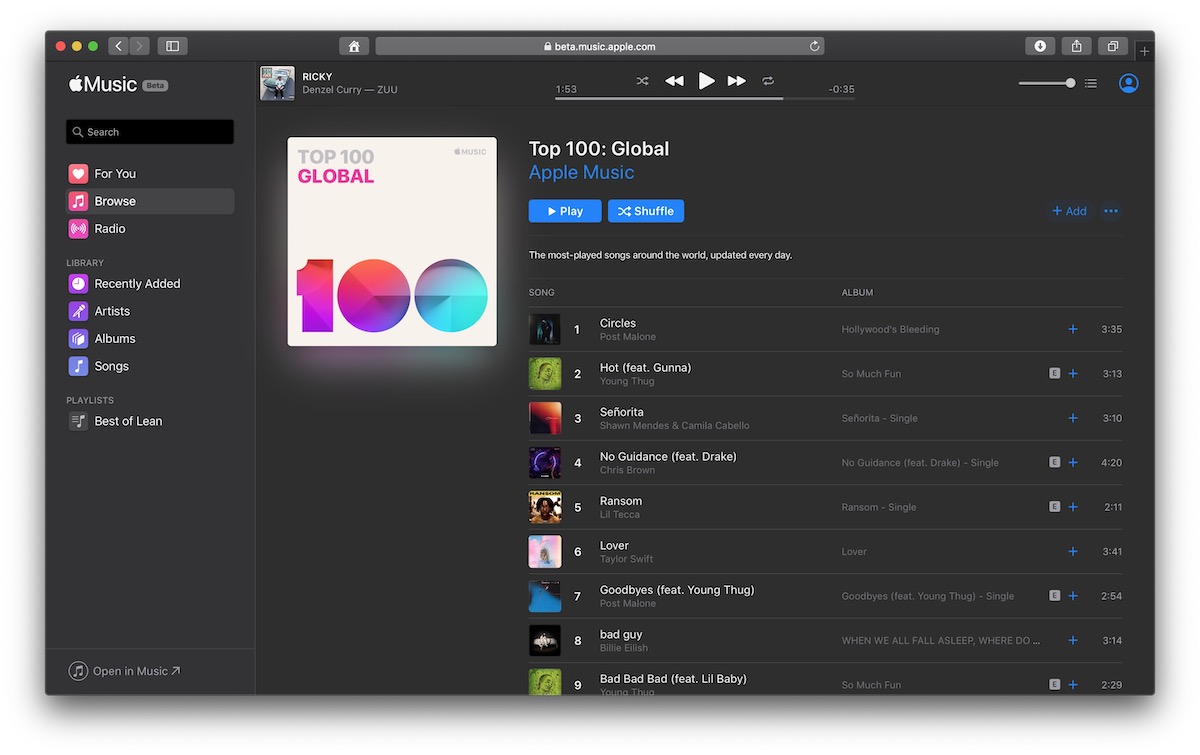Interscope, Beats by Dre and Apple Music. These are just some of the terms that have a common denominator: Jimmy Iovine. The music producer and manager dabbled in the music industry for decades, in 1990 he founded the record label Interscope Music, 18 years later together with Dr. Dre founded Beats Electronics as a stylish headphone manufacturer and provider of the Beats Music streaming service.
This company was then bought by Apple in 2014 for a record 3 billion dollars. That same year, Iovine also left Interscope to devote himself full time to the new Apple Music streaming service. He then retired from Apple in 2018 at the age of 64. In a new interview with The New York Times, he revealed that this happened mainly because he failed to fulfill his own goal - to make Apple Music significantly different from the competition.
Iovine said in an interview that today's music streaming services have a huge problem: margins. It doesn't grow. While elsewhere manufacturers can increase their margins, for example by reducing the production price or buying cheaper components, in the case of music services, costs increase in proportion to the growth in the number of the user base. It is true that the more users the service has, the more money it has to pay to music publishers and ultimately to musicians.
In contrast, movie and TV series services like Netflix and Disney+ can cut costs and increase margins and profits by providing exclusive content. Netflix provides tons of it, Disney+ even provides only its own content. But music services don't have exclusive content, and if they do, it's rare, and that's why they can't grow. Exclusive content could also trigger a price war. In the music industry, however, the situation is such that when a cheaper service enters the market, the competition can easily catch up by lowering their prices.
It could be interest you
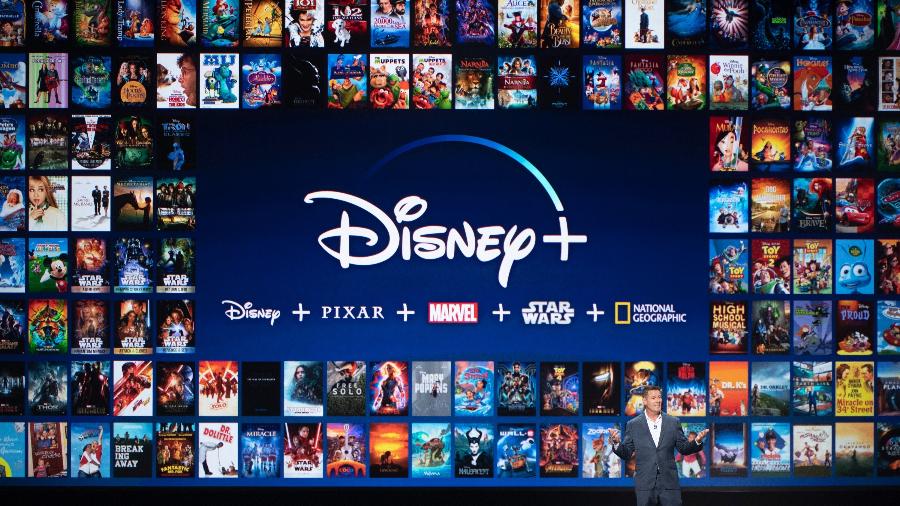
Thus, Iovine sees music streaming services more as a tool for accessing music, not as unique platforms. But this is a consequence of the Napster era, when publishers sued users who shared their music with the community. But at a time when the biggest players in the market were courting listeners, Jimmy Iovine realized that publishers couldn't exist without keeping up with technology. According to him, the publishing house had to be cool, but the way it represented itself at the time was not exactly twice as cool.
"Yes, dams were being built, as if that would help anything. So I was like, 'oh, I'm at the wrong party,' so I met people in the tech industry. I met Steve Jobs and Eddy Cue from Apple and I said, 'oh, here's the right party'. We need to incorporate their thinking into the Interscope philosophy as well,” Iovine remembers that time.
It could be interest you

The technology industry has been able to flexibly respond to user needs, and Iovine has learned to keep up with the times with the help of the artists he's worked with. He especially remembers the hip-hop producer Dr. Dre, with whom he also founded Beats Electronics. At the time, the musician was frustrated that not only his children, but the entire generation was listening to music on cheap, low-quality electronics.
That's why Beats was created as a stylish headphone manufacturer and provider of the Beats Music streaming service, which also served to promote the headphones. At that time, Jimmy Iovine also met Steve Jobs in a Greek restaurant, where the Apple boss explained to him how hardware production works and how music distribution works. These were two very different matters, Iovine and Dr. However, Dre was able to combine them into one meaningful unit.
In the interview, Iovine was also critical of the music industry as such. "This painting has a bigger message than any music I've heard in the last 10 years," he pointed to a painting by Ed Ruscha, an 82-year-old photographer and painter who commissioned it. It's about the image "Our Flag" or Our flag, symbolizing the destroyed US flag. This image represents the state he believes the United States is in today.
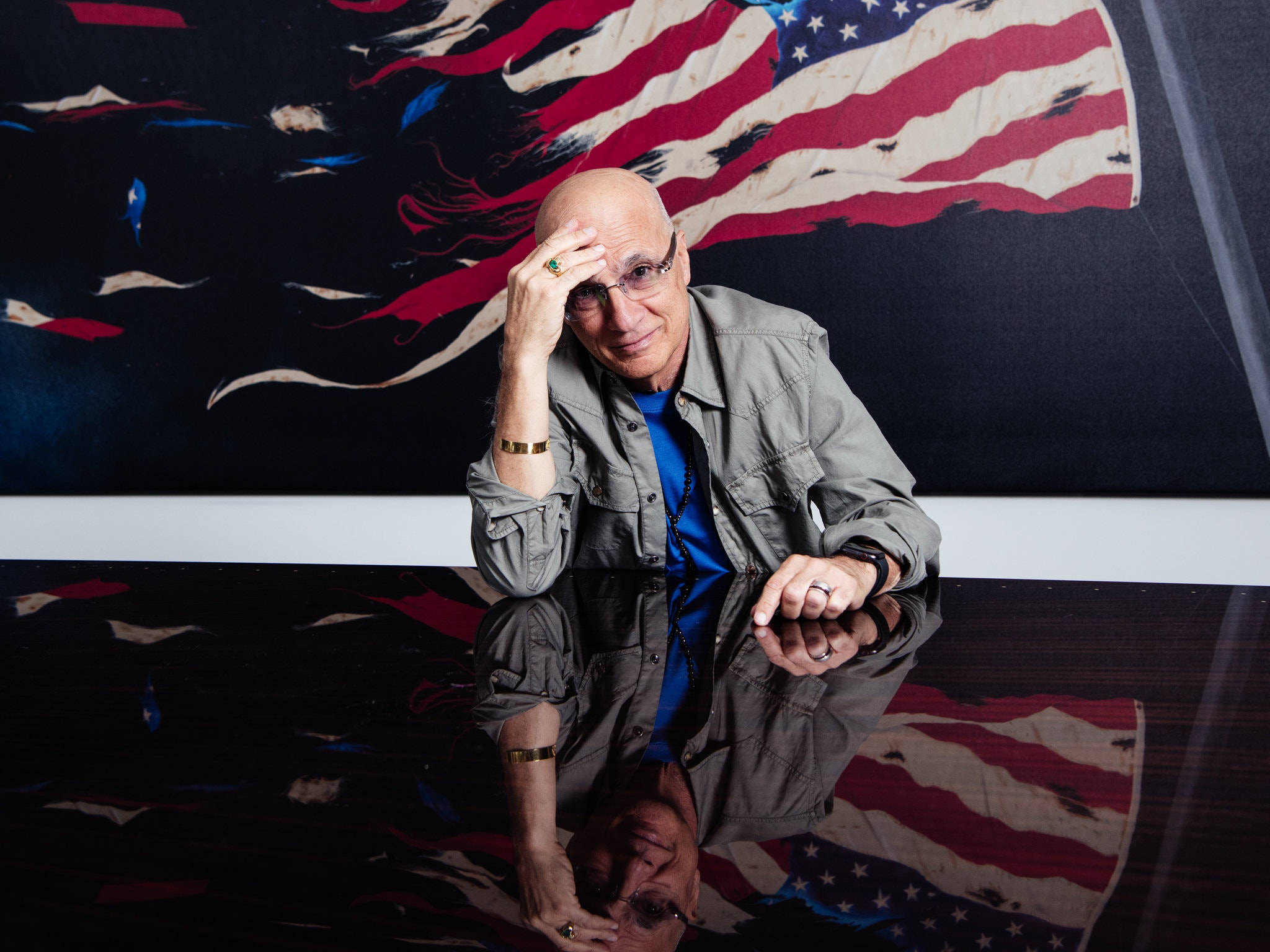
Iovine is bothered by the fact that although artists like Marvin Gaye, Bob Dylan, Public Enemy and Rise Against the Machine had only a fraction of the communication options compared to today's artists, they were able to influence the opinions of the general public on major social issues such as wars. According to Iovin, today's music industry lacks critical opinions. There are indications that artists do not dare to polarize an already highly polarized society in the US. "Afraid of alienating an Instagram sponsor with my opinion?" the Interscope founder mused in an interview.
Social networks and Instagram in particular are an important part of many artists' lives today. It's not just about making music, but also about presenting their lifestyle and other aspects of their lives. However, most artists use these possibilities only to present consumption and entertainment. On the other hand, they can also be closer to their fans, which represents another current problem for music publishers: while artists can communicate with anyone and anywhere, publishers lose this direct contact with the customer.
It also allows artists like Billie Eilish and Drake to earn more from streaming services than the entire music industry of the 80s, Iovine said, citing data from service providers and publishers. In the future, he says, streaming services that generate money directly for artists could be a thorn in the side of music companies.
Iovine also pointed out that Billie Eilish is commenting on climate change, or that artists like Taylor Swift are interested in the rights to their master recordings. It is Taylor Swift who has a strong fan base on social platforms, and thus her opinion can have a stronger impact than if an artist with less influence took an interest in the issue. Overall, however, Iovine can no longer identify with today's music industry, which also explains his departure.
Today, she is involved in initiatives such as the XQ Institute, an educational initiative founded by Laurene Powell Jobs, the widow of late Apple founder Steve Jobs. Iovine is also learning to play the guitar: "It's only now that I realize how hard a job Tom Petty or Bruce Springsteen actually had," he adds with amusement.

Source: The New York Times



